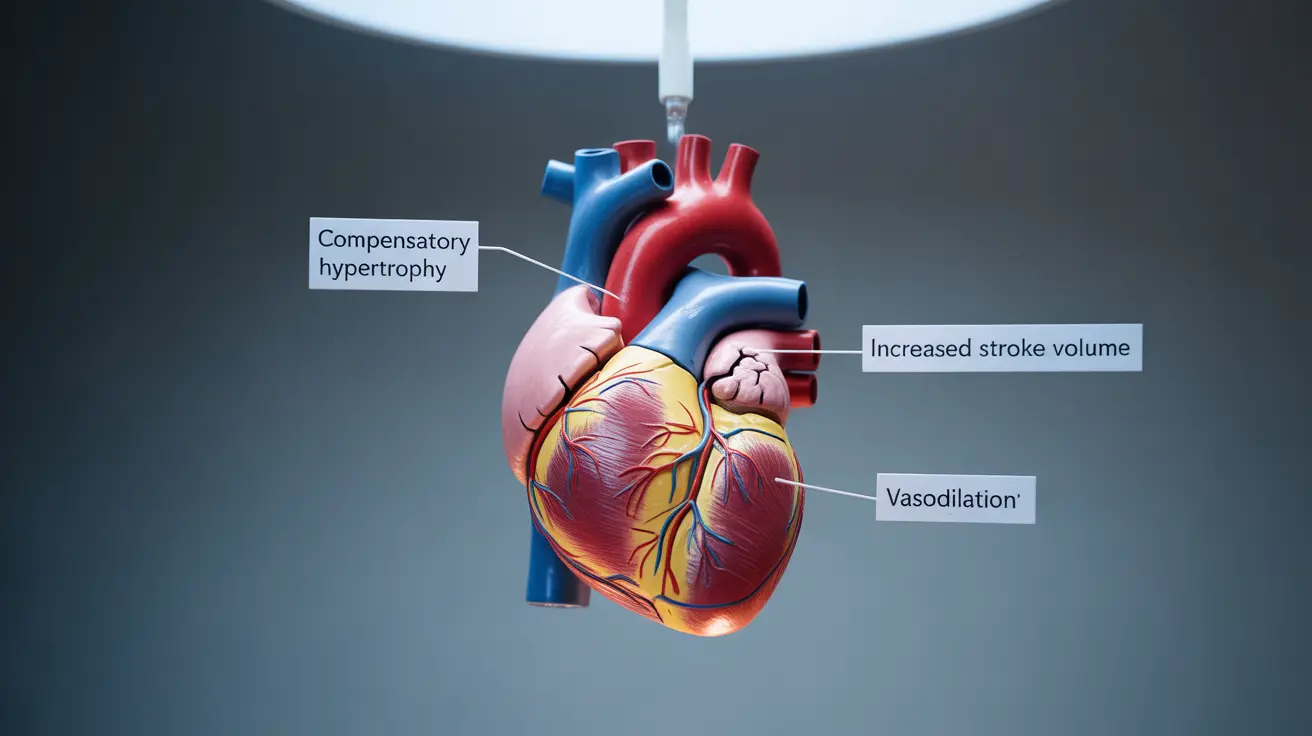When anemia and chest pain occur together, it can be concerning and potentially serious. Anemia, a condition where the body lacks sufficient healthy red blood cells, can significantly impact heart function and lead to various cardiovascular symptoms, including chest discomfort. Understanding the connection between these conditions is crucial for proper management and knowing when to seek medical attention.
This comprehensive guide explores the relationship between anemia and chest pain, helping you recognize important warning signs and understand available treatment options.
The Connection Between Anemia and Chest Pain
Anemia can cause chest pain through several mechanisms related to decreased oxygen delivery throughout the body. When red blood cell counts are low, the heart must work harder to pump blood and maintain adequate oxygen supply to vital organs. This increased workload can lead to chest pain, particularly during physical activity or stress.
How Anemia Affects Your Heart
The heart compensates for anemia by:
- Beating faster to circulate available blood more quickly
- Increasing the force of contractions
- Dilating blood vessels to improve blood flow
- Working harder overall to maintain oxygen delivery
These compensatory mechanisms can strain the heart muscle and lead to chest pain, especially in people with pre-existing heart conditions or severe anemia.
Warning Signs and Symptoms
Beyond chest pain, several other symptoms may indicate anemia-related heart problems:
- Shortness of breath, especially during physical activity
- Rapid or irregular heartbeat
- Fatigue and weakness
- Dizziness or lightheadedness
- Pale skin or nail beds
- Cold hands and feet
When to Seek Emergency Care
Certain symptoms require immediate medical attention:
- Severe chest pain or pressure
- Difficulty breathing
- Fainting or near-fainting episodes
- Confusion or mental status changes
- Chest pain accompanied by sweating or nausea
Treatment Approaches
Managing chest pain related to anemia typically involves treating the underlying anemia while addressing immediate symptoms. Treatment options may include:
- Iron supplementation
- Vitamin B12 or folate supplements
- Blood transfusions in severe cases
- Medications to manage chest pain
- Lifestyle modifications to support heart health
Preventive Measures
Several strategies can help prevent or minimize chest pain associated with anemia:
- Regular iron-rich diet consumption
- Proper supplementation as prescribed
- Regular medical check-ups
- Moderate exercise as tolerated
- Stress management techniques
Frequently Asked Questions
What causes chest pain in people with anemia? Chest pain in anemia occurs when the heart works harder to compensate for reduced oxygen-carrying capacity in the blood. This increased workload can strain the heart muscle and cause pain, particularly during physical activity.
How can anemia lead to heart problems like chest pain or irregular heartbeat? Anemia forces the heart to pump faster and harder to deliver adequate oxygen to tissues. This extra stress can lead to irregular heartbeats, chest pain, and other cardiovascular symptoms.
What are the warning signs that chest pain from anemia requires urgent medical attention? Seek immediate medical care if you experience severe chest pain, difficulty breathing, fainting, confusion, or chest pain accompanied by sweating and nausea.
What treatments are available to relieve chest pain caused by anemia? Treatment options include iron supplementation, vitamin supplements, blood transfusions when necessary, and medications to manage chest pain. The specific treatment plan depends on the underlying cause and severity of anemia.
How can I prevent chest pain if I have anemia or low iron levels? Prevention strategies include maintaining a diet rich in iron and other essential nutrients, taking prescribed supplements regularly, attending regular medical check-ups, and following recommended exercise and stress management guidelines.




